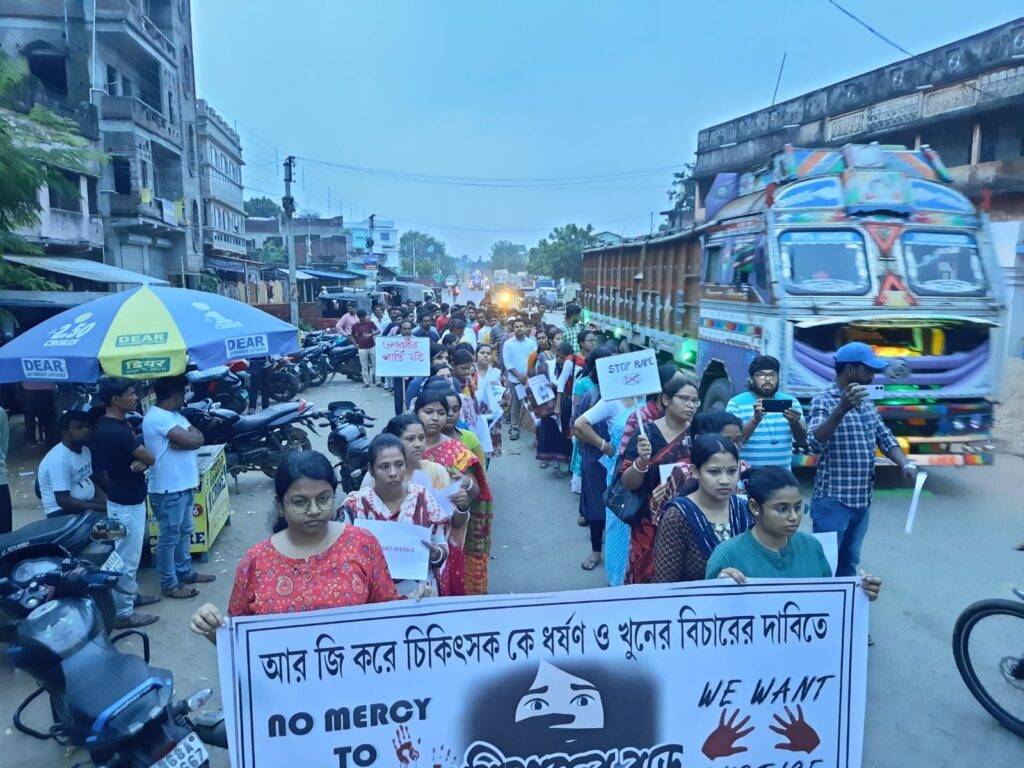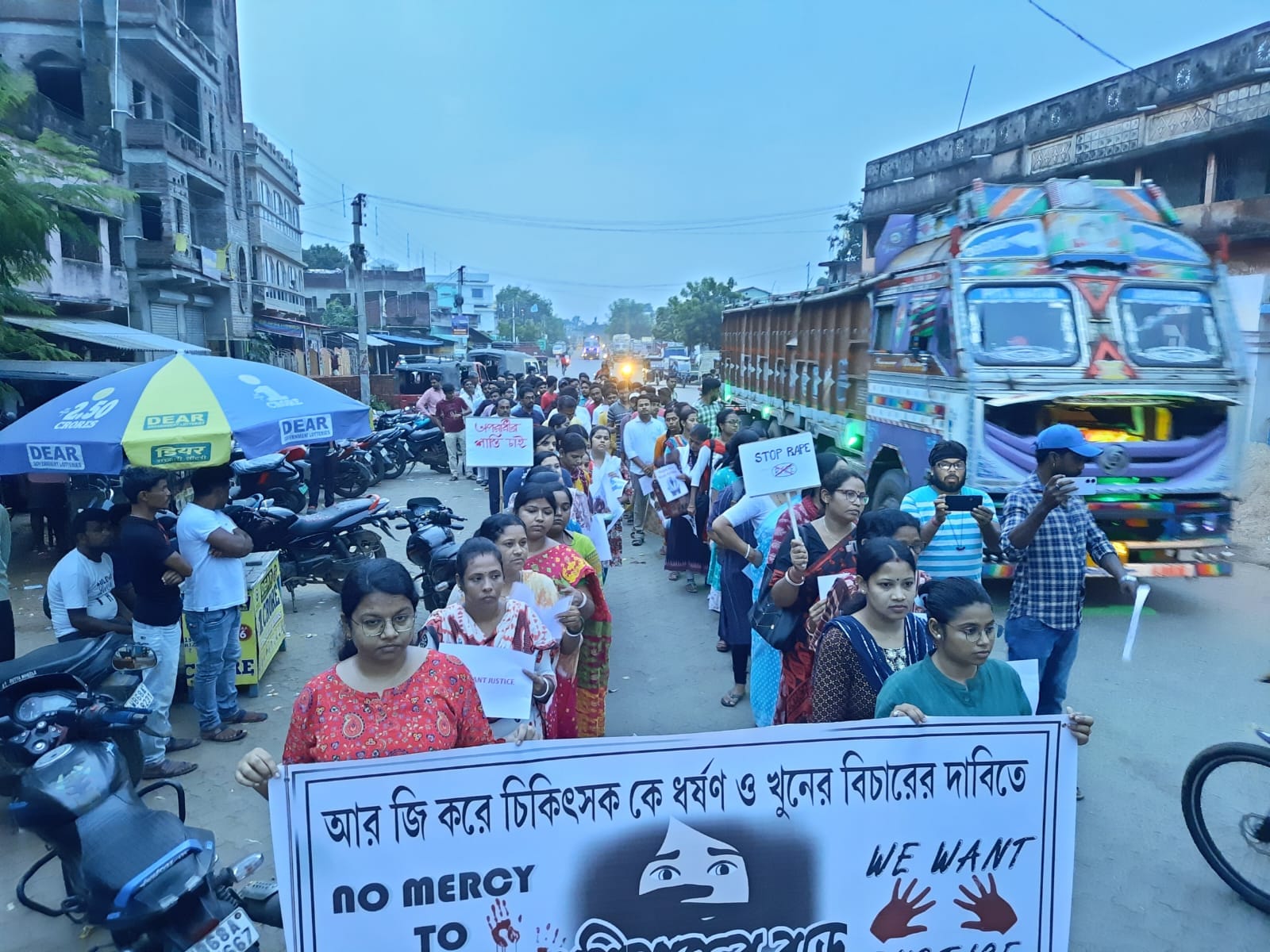
Table of Contents
In a significant development that has escalated tensions between the Governor’s office and the state government in West Bengal, Governor C.V. Ananda Bose has directed Chief Minister Mamata Banerjee to convene an emergency cabinet meeting. The Governor’s directive included an unprecedented demand: the replacement of Kolkata’s top police officer, a move that could have wide-reaching political and administrative consequences in a state already grappling with various challenges.
A Governor’s Bold Move
Governor Bose’s instruction to CM Mamata Banerjee came at a time when West Bengal is facing political turmoil and a fragile law and order situation. The Governor, a constitutional figurehead, generally plays a largely ceremonial role. However, in this case, he appears to be actively intervening in state affairs, leading to a fresh conflict with the ruling Trinamool Congress (TMC) government.
The Governor’s directive to replace the Kolkata Police Commissioner has raised eyebrows, both within the political sphere and the administrative machinery. The police force in Kolkata, one of India’s largest metropolitan areas, plays a critical role in maintaining order in a city that frequently witnesses political protests, demonstrations, and rallies. The Governor’s move has led to speculation about the reasons behind his decision, and whether it stems from concerns over the handling of certain high-profile cases or broader issues of governance in the state.
Tensions Between State and Governor’s Office
The relationship between the Governor’s office and the West Bengal government has been tense ever since the Bharatiya Janata Party (BJP) lost the state assembly elections in 2021. Governor Bose’s predecessors, including Jagdeep Dhankhar, also had a combative relationship with the Mamata Banerjee administration, often making headlines for their public disagreements on various issues ranging from law and order to administrative appointments.
However, this new move by Governor Bose is seen as taking the conflict to a new level. By directly instructing the Chief Minister to replace a senior police official, the Governor appears to be stepping beyond the usual boundaries of gubernatorial authority. In India’s federal structure, law and order is a state subject, and such decisions are typically within the purview of the state government.
Mamata Banerjee’s Calculated Response
Chief Minister Mamata Banerjee, a seasoned political leader known for her combative stance against the central government, is unlikely to take this directive lightly. The Trinamool Congress has often accused the Governor’s office of acting as an extended arm of the BJP-led central government, and this latest move will only add fuel to that fire.
Mamata Banerjee’s response to the Governor’s directive will be critical in determining the next course of action. If she chooses to defy the order, it could set up a constitutional confrontation, with the state government asserting its autonomy over administrative matters. On the other hand, if she complies, it could be seen as a victory for the Governor, but may weaken her stance as a strong, independent leader standing up to external pressures.
The Underlying Political Dynamics
The ongoing battle between the state government and the Governor’s office reflects the broader political dynamics in West Bengal. The BJP has been striving to make inroads into the state, which has been a stronghold of the Trinamool Congress for over a decade. Governor Bose’s actions are being viewed by some as part of a larger strategy by the BJP to weaken Mamata Banerjee’s government ahead of the 2024 general elections.
With the BJP having a significant presence in the state’s political landscape, particularly after the 2019 general elections where they won 18 out of 42 Lok Sabha seats in West Bengal, every administrative move in the state is seen through a political lens. The opposition is expected to seize upon the Governor’s directive to question the state government’s handling of law and order, while the ruling party is likely to accuse the central government of meddling in state affairs through the Governor.
Implications for Kolkata and Beyond
The implications of this confrontation go beyond just administrative reshuffling. Kolkata, being the nerve center of West Bengal’s political and cultural life, will be closely watching how this drama unfolds. Any changes in the leadership of the police force could have a direct impact on how law and order is maintained in the city, particularly during politically sensitive periods such as elections, major protests, or communal tensions.
For the people of Kolkata, the ongoing tussle is another reminder of how deeply politics is intertwined with their daily lives. The city has a history of political activism and remains a battleground for ideologies. The actions of the Governor and the Chief Minister will not only affect the political class but could also shape the future of governance in the state.
Conclusion: A Test of Constitutional Powers
Governor C.V. Ananda Bose’s directive to CM Mamata Banerjee to call an emergency cabinet meeting and replace Kolkata’s top cop has brought into sharp focus the delicate balance of power between the state and the Governor’s office. This latest chapter in the ongoing saga of West Bengal politics underscores the complex relationship between the state government and constitutional authorities.
As the situation unfolds, it will be a test of the resilience of federal principles in India’s democracy. The actions of both the Governor and the Chief Minister will be scrutinized not just by the political class, but also by constitutional experts, as they navigate the intricate dance of power, governance, and politics.
For more information visit : Read more about the escalating tensions between Governor C.V. Ananda Bose and CM Mamata Banerjee in West Bengal

